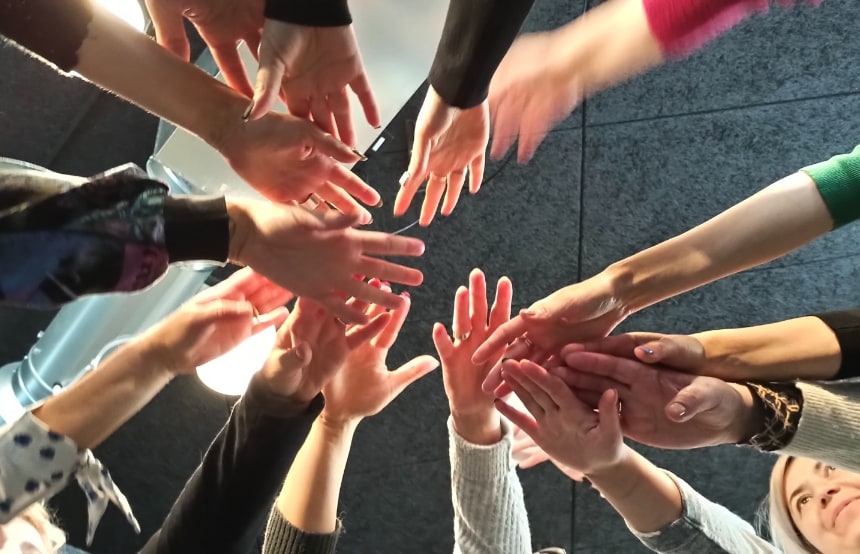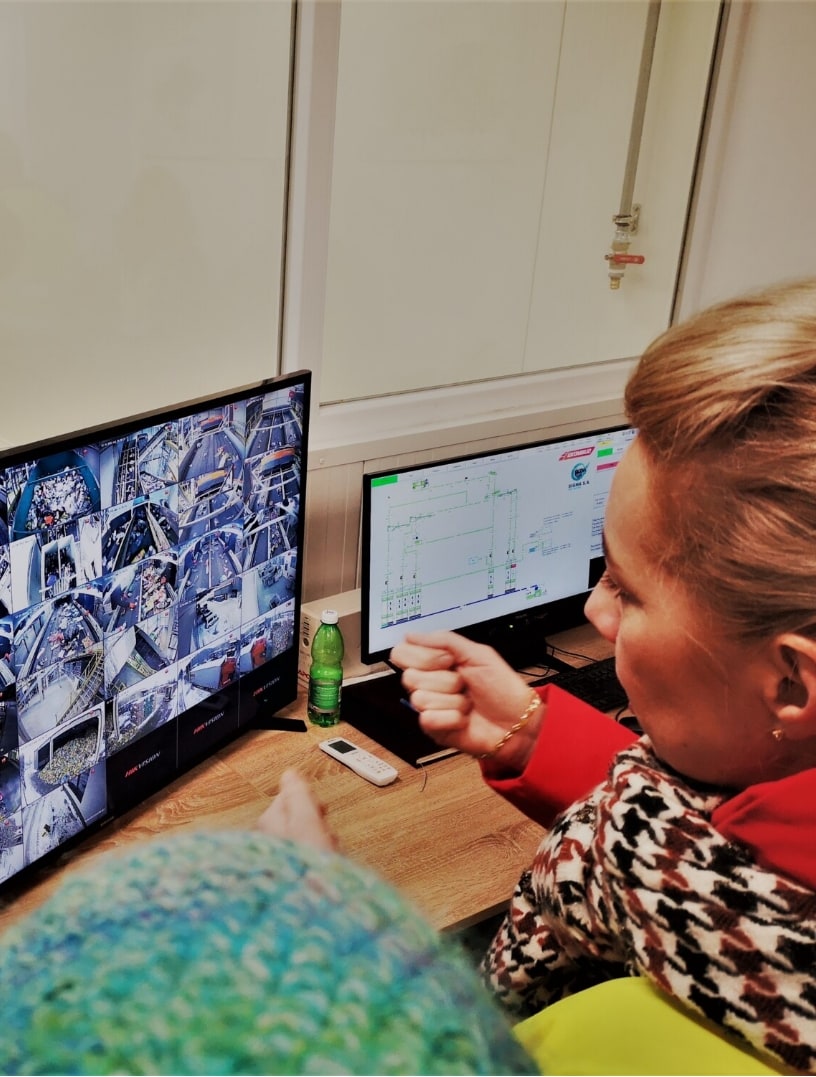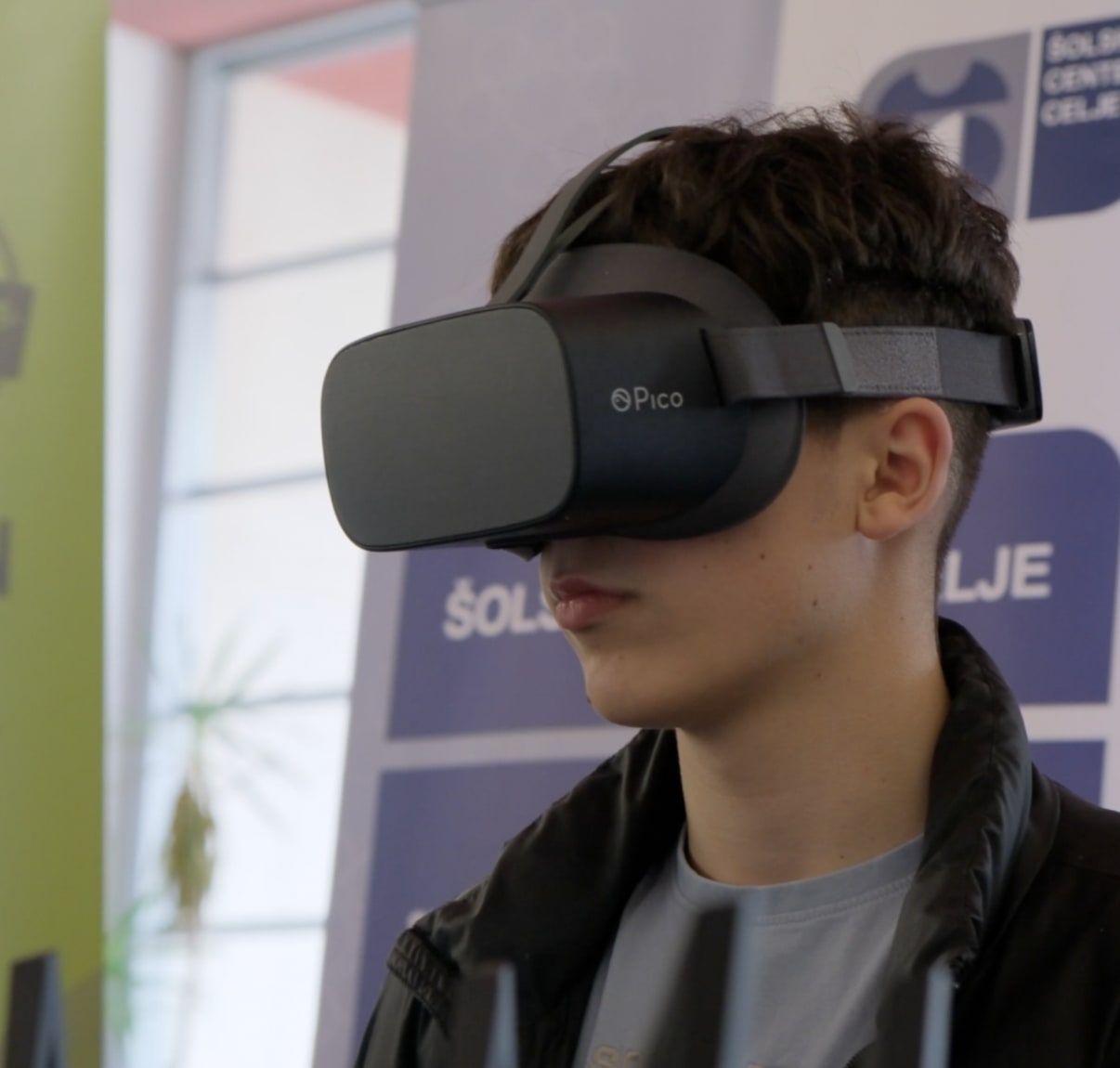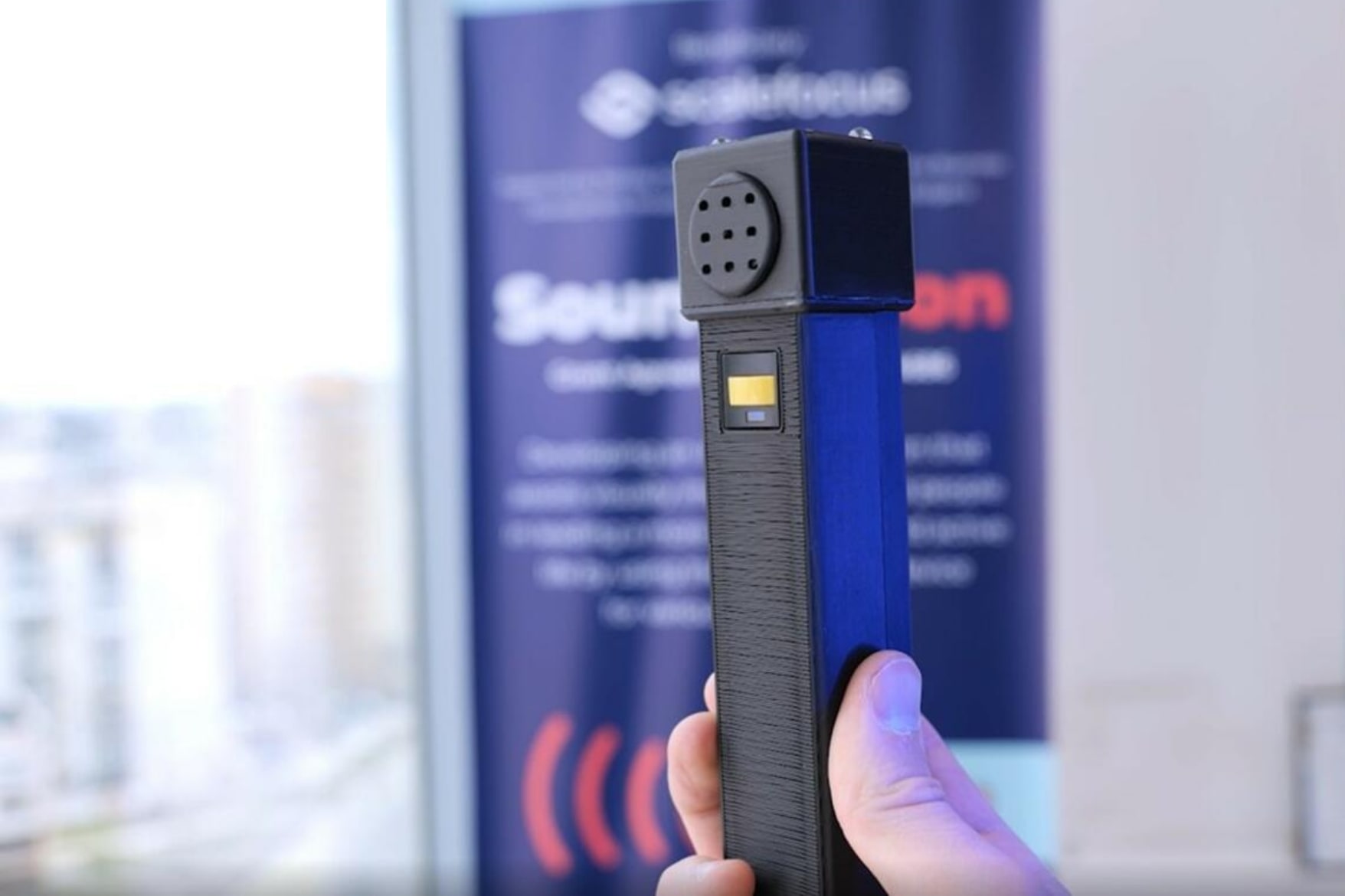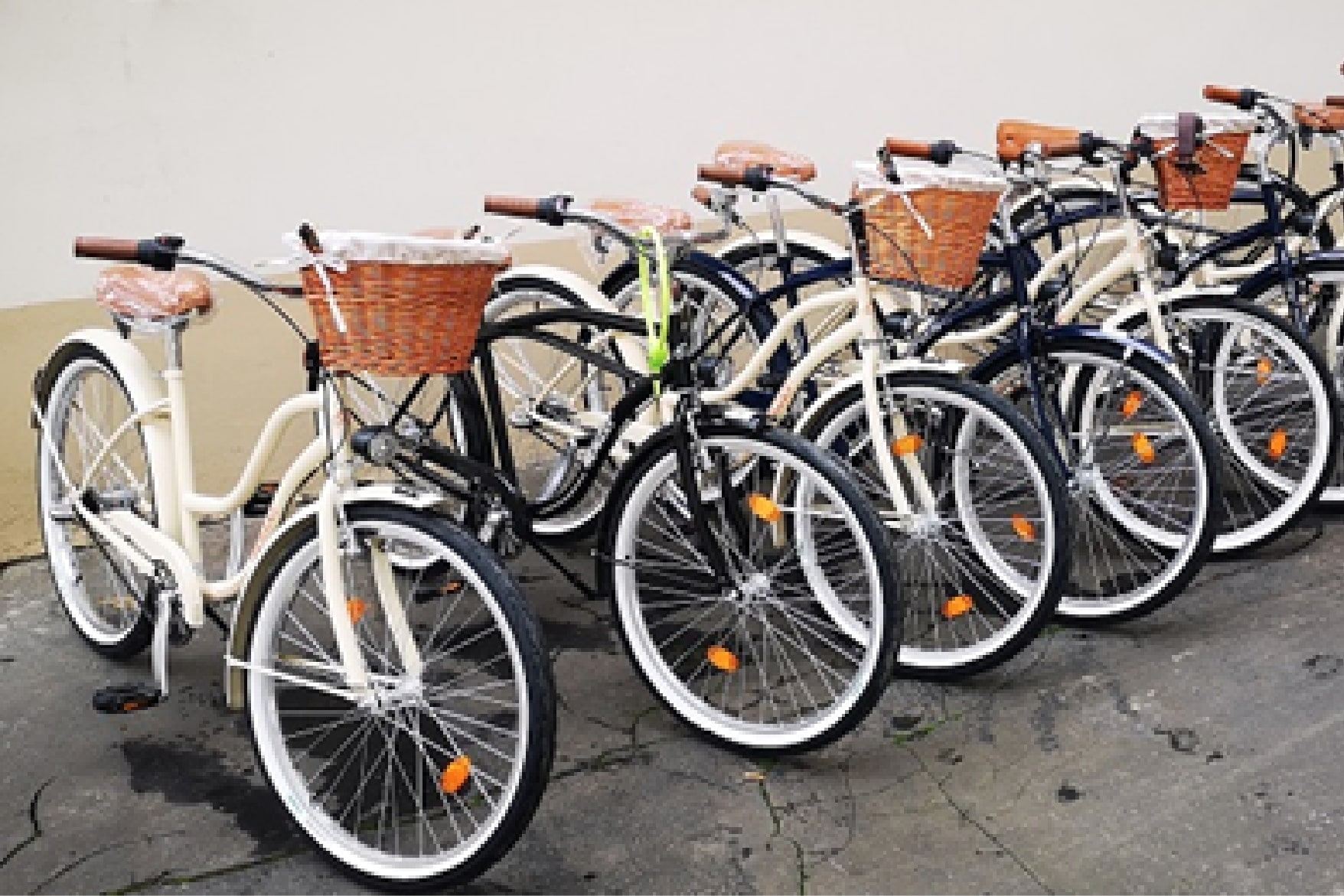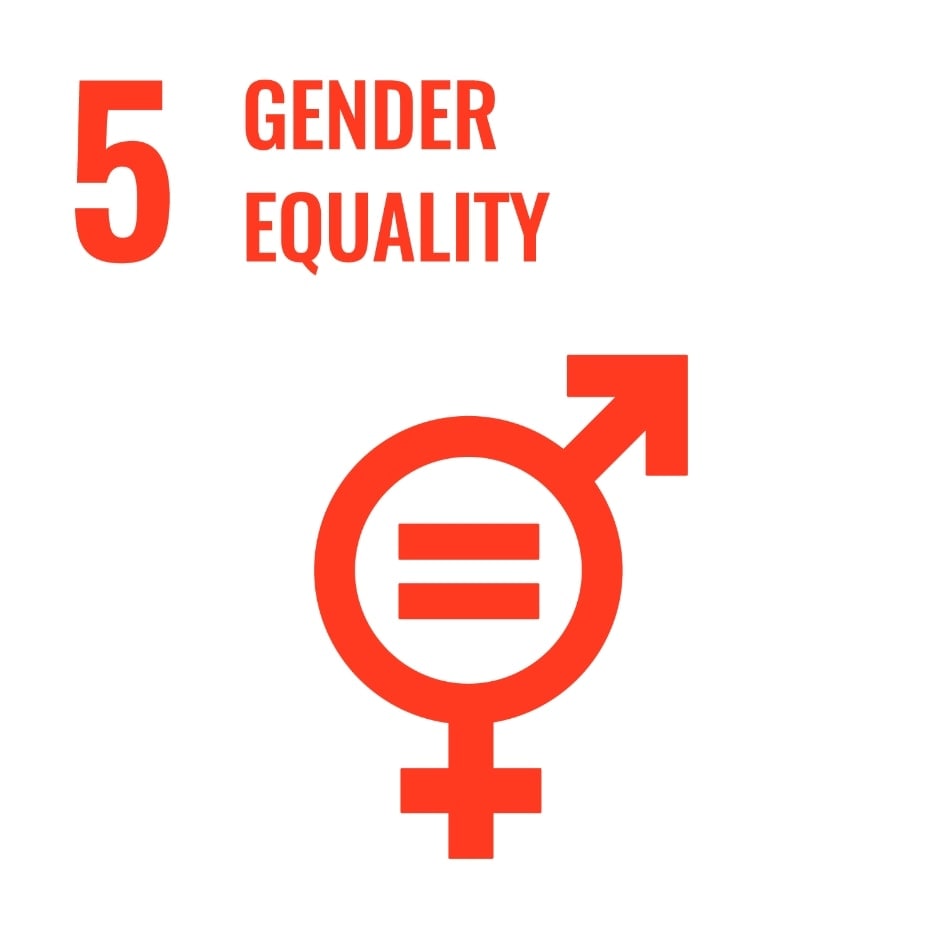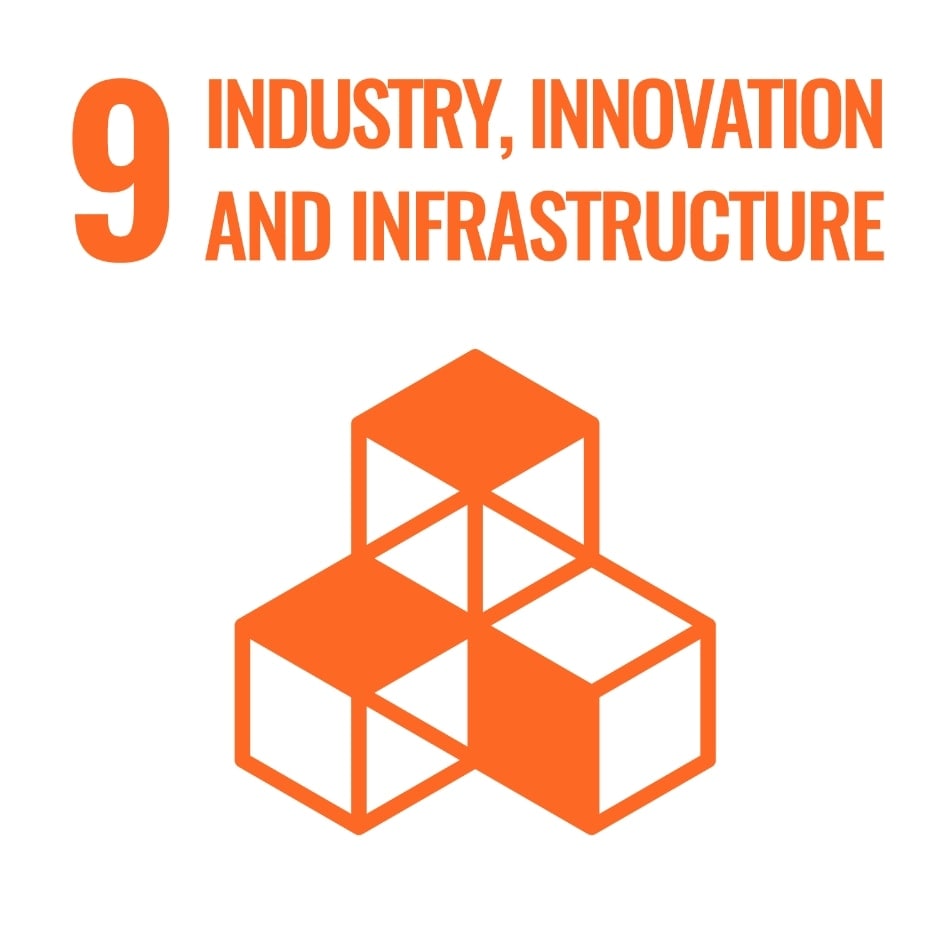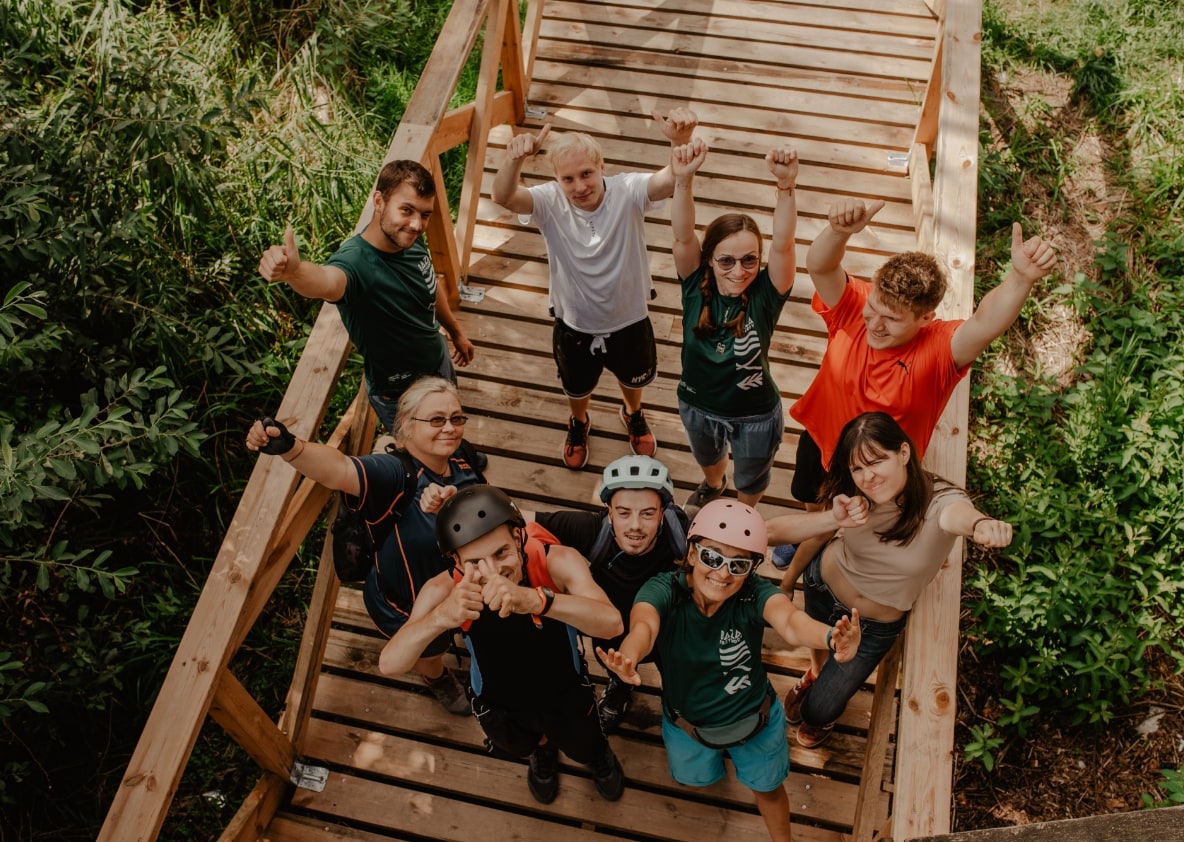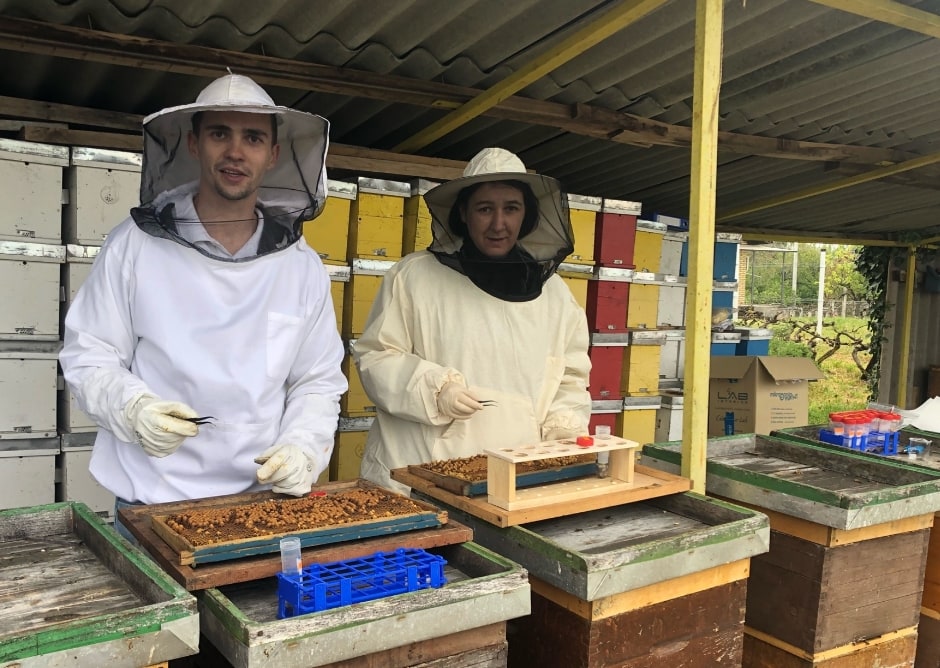The EEA and Norway Grants promote sustainable growth and the development of a fair and inclusive knowledge economy. The funding strengthens the European Single Market by stimulating free movement and cross-border cooperation, creating level conditions for competition, and ensuring clear rules and equal rights for European citizens and businesses. The funding stimulates job creation, promotes the green transition in existing businesses, and fosters the development, commercialisation and application of sustainable and innovative solutions.
The Grants’ support for research is being used to train young researchers and address the brain drain in academia. It encourages and facilitates multidisciplinary cooperation and innovation to tackle societal challenges. The EEA and Norway Grants also contribute to improving the quality and relevance of education and reinforcing much-needed skills and competencies for the digital and green transitions. More tripartite cooperation between employer associations, trade unions and public authorities, promotion of decent work, and the Fund for Youth Employment ensure an equitable, fair, and sustainable future in Europe.
The EEA and Norway Grants programmes, which concentrate on enhancing efficient justice systems, combating crime, improving police cooperation, strengthening the rule of law, and promoting disaster prevention, play a crucial role in nurturing sustainable growth and competitiveness in Europe. By investing in projects that streamline judicial processes, foster cross-border collaboration among law enforcement agencies, and reinforce legal frameworks, these initiatives contribute to a more secure and transparent environment for businesses and citizens alike. As a result, the EEA and Norway Grants help create a stable, predictable, and well-regulated environment that stimulates investment, drives innovation, and enhances economic prosperity across Europe, leading to a more sustainable, equitable, and competitive region.
The EEA and Norway Grants are aligned with EU priorities and policies. Competitiveness programmes contribute to achieving the EU’s sustainable growth goals. The Grants serve to bridge funding gaps where target groups in the Beneficiary States have difficulties accessing the capital needed to carry out their planned activities, or have difficulties acquiring EU funding.
The Grants build research and innovation capacity in the Beneficiary States, contributing to widening participation in EU programmes for research and innovation. In addition to providing a targeted and accessible approach to funding, the Grants support pilot projects that serve as a testing ground for ideas from research institutions, private enterprises or national governments. This, consequently, helps them get ready to scale up and access EU funding.
Working together
Bilateral partnerships under the EEA and Norway Grants help increase competitiveness in the Donor and Beneficiary States. Working together ensures the transfer of knowledge, experience and best practices. It can also provide a foundation for larger projects funded by Horizon Europe or Erasmus+. Research and higher education institutions, as well as businesses, and especially SMEs, establish partnerships and networks of cooperation with European partners and gain experience from other knowledge communities, markets and business cultures.
The robust collaboration between Donor Programme Partners and Programme Operators provides a unique platform for the exchange of knowledge and best practices. With the EEA and Norway Grants, SMEs, business environments, and research and education institutions and clusters can work together across borders to focus on solving the most pressing societal challenges of our times.

